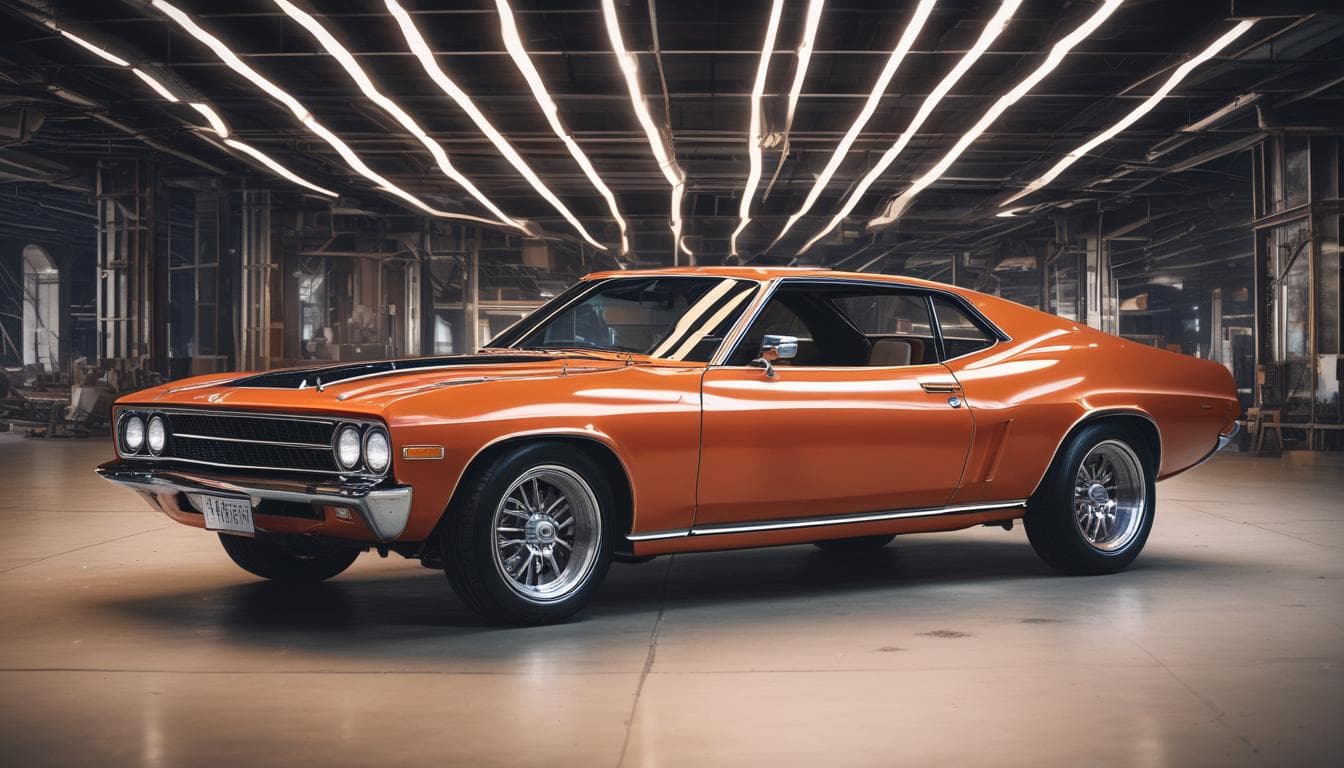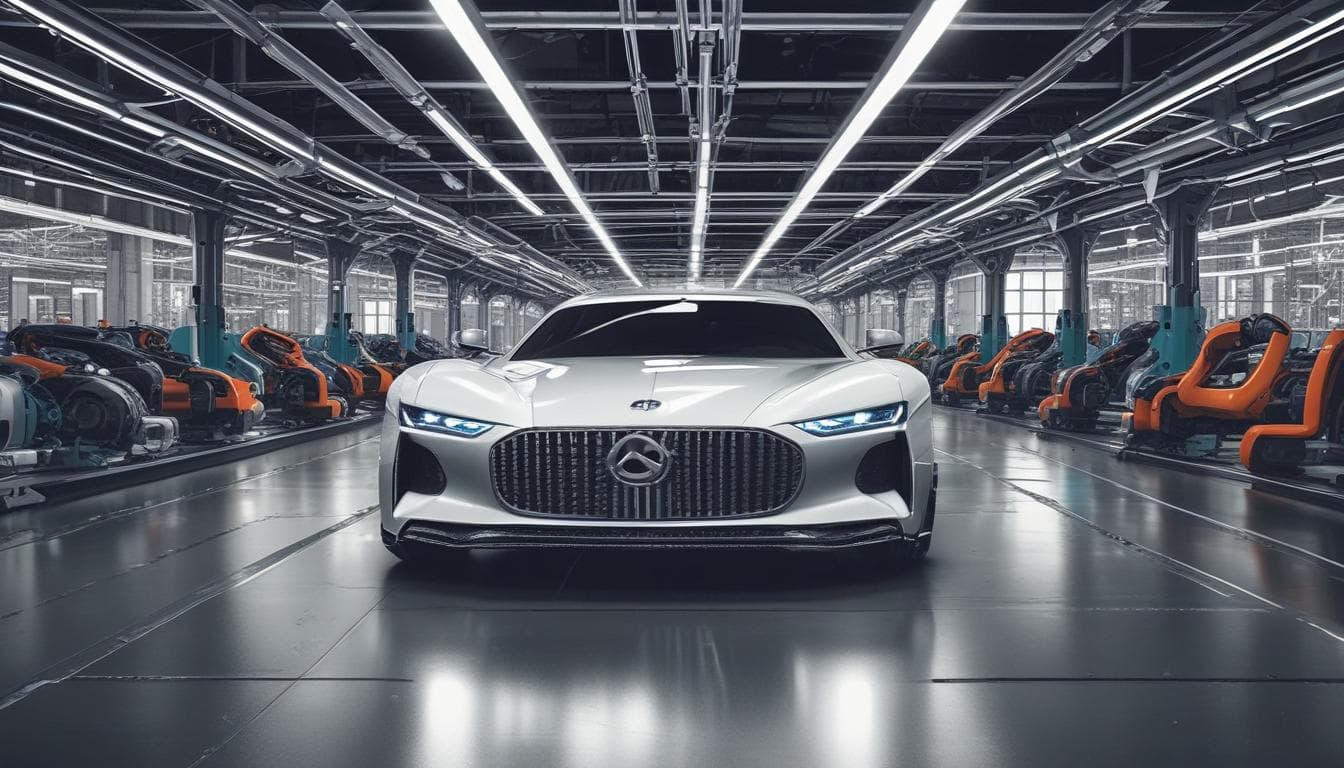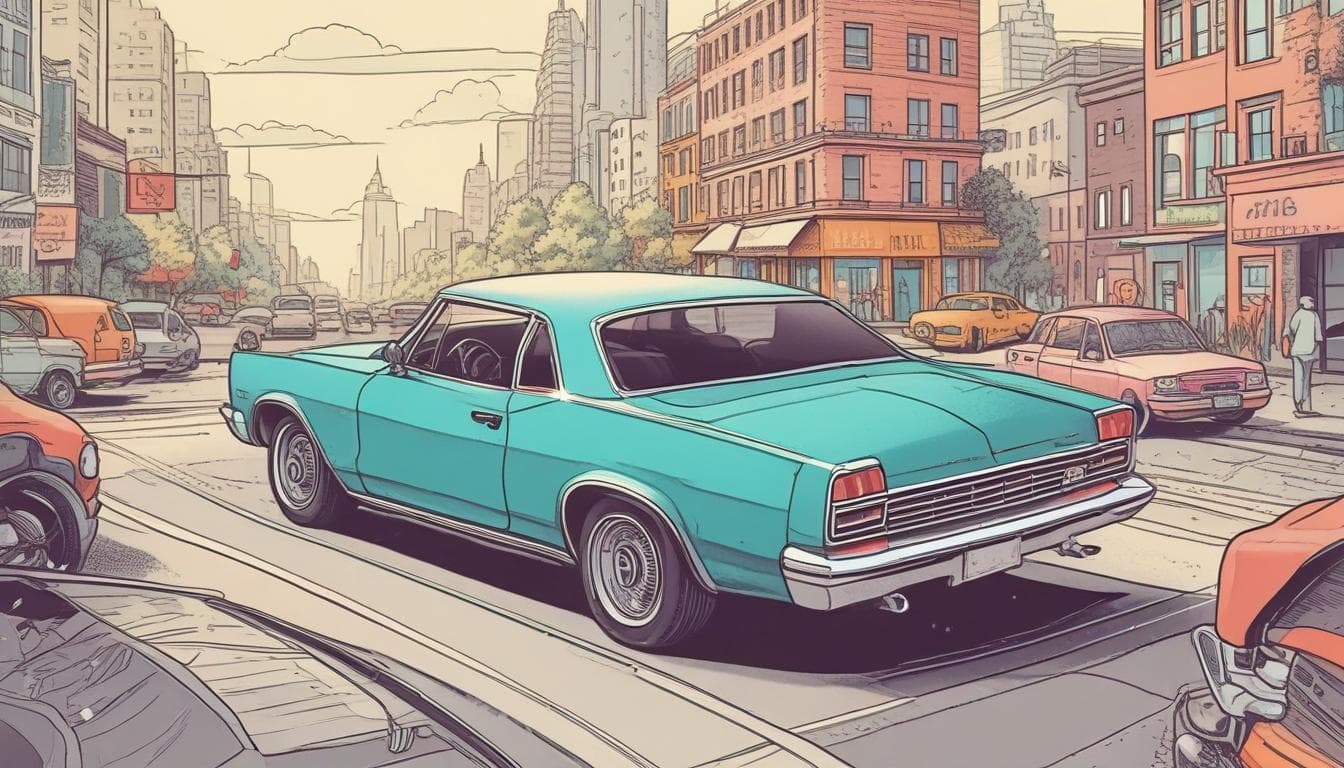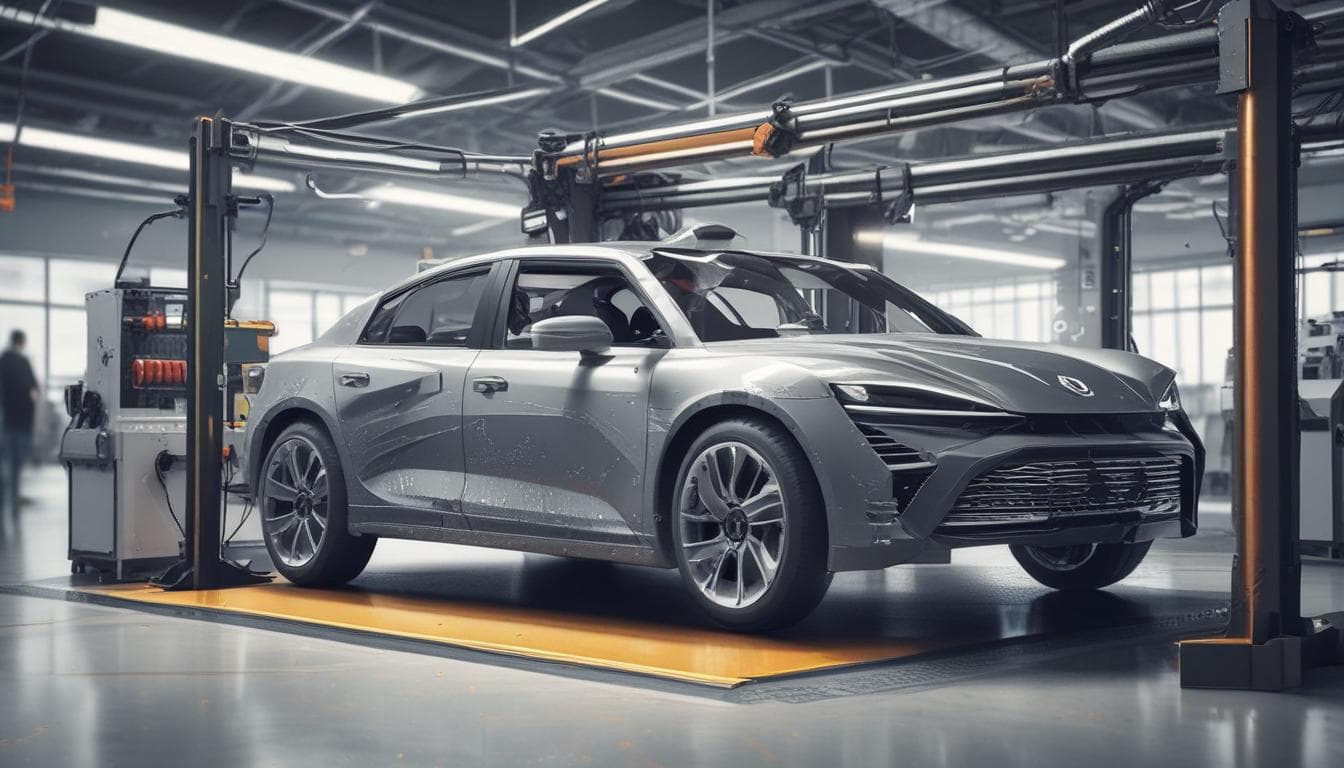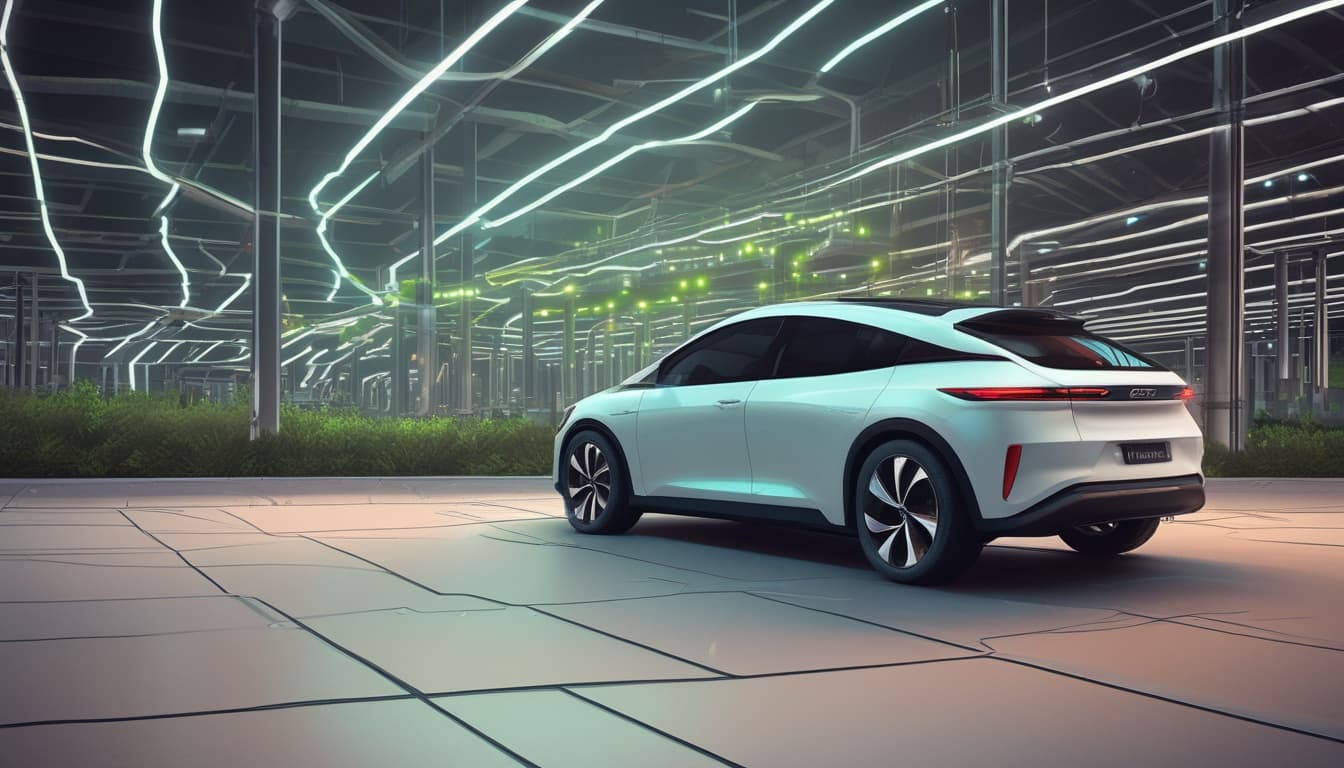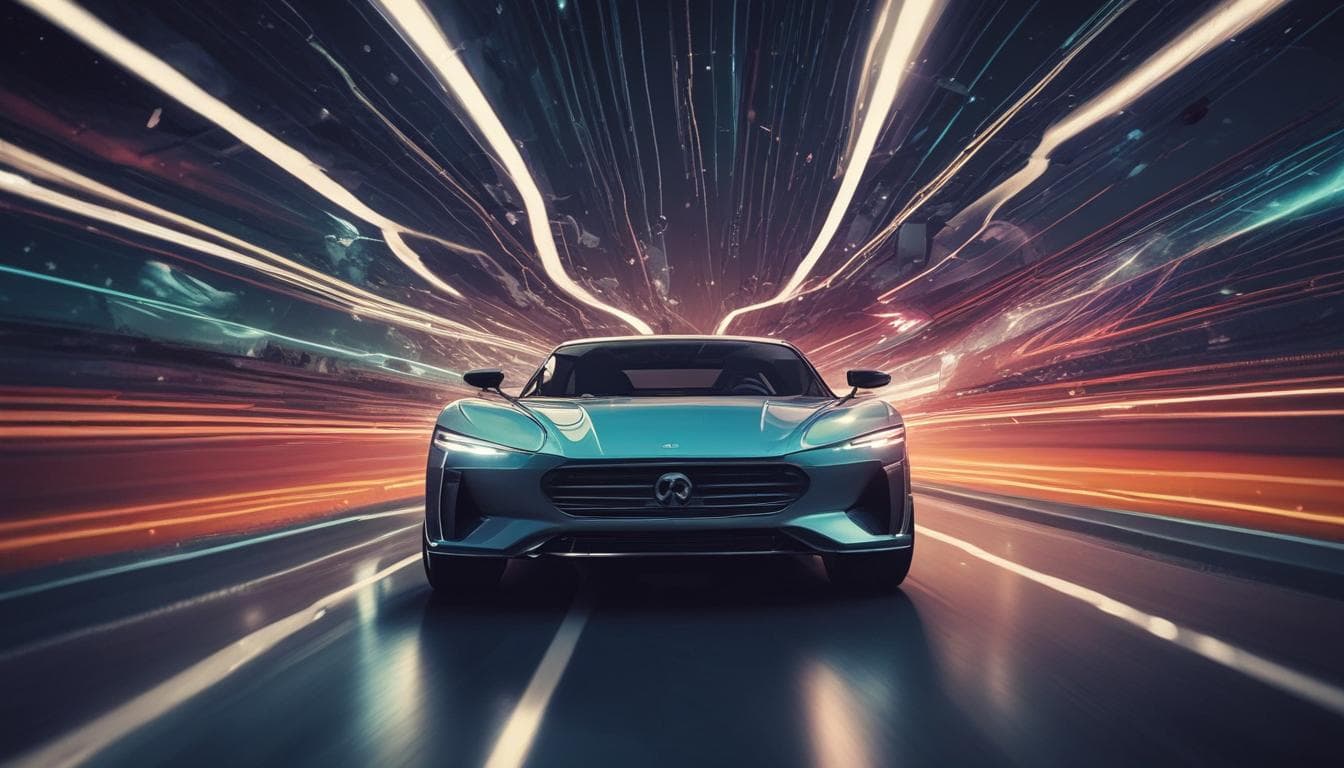Extended Reality (XR) refers to a spectrum of immersive technologies that blend the virtual and real worlds, encompassing Virtual Reality (VR), Augmented Reality (AR), and Mixed Reality (MR). XR is revolutionizing the automotive industry by transforming design, manufacturing processes, and the overall customer experience.
XR in Automotive Design
XR technologies are reshaping automotive design by enabling designers to visualize and interact with 3D models in real-time. VR headsets allow designers to step into a virtual environment and experience the vehicle's interior and exterior, evaluating ergonomics and aesthetics. AR overlays provide real-time information and data onto physical prototypes, facilitating collaborative design reviews and streamlining the design process. 
XR in Automotive Manufacturing
XR is also transforming automotive manufacturing by enhancing training, assembly, and maintenance procedures. VR-based training programs offer immersive simulations of assembly and maintenance tasks, reducing training costs and improving worker proficiency. AR overlays provide real-time access to work instructions, schematics, and other critical information directly within the worker's field of view, improving efficiency and reducing errors. 
XR in the Automotive Customer Experience
XR is enhancing the customer experience by offering innovative ways to interact with vehicles. Virtual showrooms allow customers to explore and customize vehicles from the comfort of their homes. AR applications provide interactive user manuals, personalized driving experiences, and engaging virtual test drives. 
XR is driving significant advancements across the automotive industry, from design and manufacturing to the customer experience. The continued development and adoption of XR technologies promise to further transform the automotive landscape, offering exciting new possibilities for innovation and growth. The FAQs below provide further information about XR's transformative role in the automotive industry.
Frequently Asked Questions
How is XR used in automotive manufacturing?
XR applications in manufacturing include virtual assembly and maintenance training, real-time access to work instructions and schematics through AR overlays, and remote expert collaboration for troubleshooting and quality control.
What are the applications of XR in automotive design?
XR enables designers to visualize and manipulate 3D models in real-time, facilitating collaborative design reviews, evaluating ergonomics and aesthetics, and streamlining the overall design process.
What are the benefits of using XR in the automotive industry?
XR offers numerous benefits, including reduced development costs and time, improved product quality, enhanced training effectiveness, increased customer engagement, and innovative marketing opportunities.
What is the impact of XR on the automotive customer experience?
XR enhances the customer experience by offering immersive virtual showrooms, interactive user manuals, personalized AR driving experiences, and engaging virtual test drives.
What are the different types of XR used in the automotive industry?
The automotive industry utilizes various XR technologies, including Virtual Reality (VR) for immersive experiences, Augmented Reality (AR) for overlaying digital information onto the real world, and Mixed Reality (MR) for blending virtual and real-world elements.
